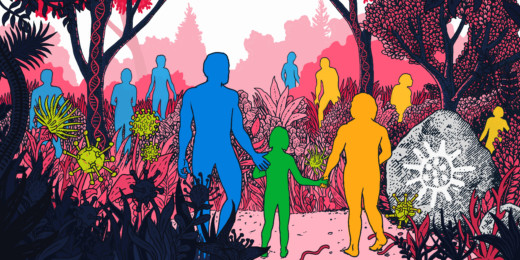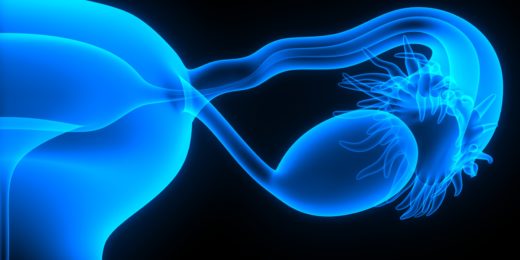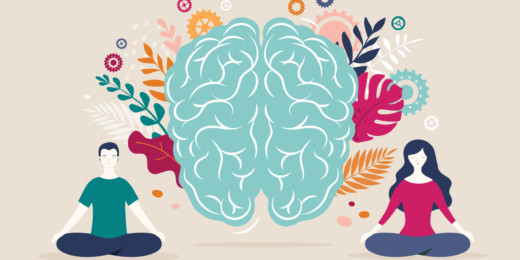The percentage of pregnant women getting epidurals or other spinal analgesia has climbed to a high of 71 percent, according to a Stanford study.
Popular
Inherited Neanderthal genes protect us against viruses, study shows
Stanford scientists have found that viral infections shaped human genome evolution after interbreeding with Neanderthals 50,000 years ago.
Watching movies and learning about medicine
A Stanford Medicine course explored medicine through the filmmaker's lens, with themes of empathy, education, nonverbal communication and storytelling.
Watch list: 10 recommended films about medicine
Stanford Medicine film buffs recommend documentaries, feature films and short videos that offer compelling looks at the medical world.
A skeptical look at popular diets: Thumbs up for Mediterranean
In the ninth and final post in the series A Skeptical Look at Popular Diets, physician Randall Stafford examines the Mediterranean diet.
First diagnostic test for chronic fatigue syndrome identified
Inspired by his son's illness, Ron Davis and colleagues have discovered a diagnostic test for chronic fatigue syndrome, a notoriously elusive disease.
Even athletes may have high blood pressure, possibly
A third of young athletes register high blood pressure, raising questions about their health — or about the new U.S. hypertension guidelines.
Study sheds light on the genetics of hibernation
Researchers zeroed in on the genes driving ground squirrel hibernation — and their insights could be helpful for understanding human health.
Device could help patients test blood ammonia levels at home
After treating a patient with an unusual ammonia metabolism problem, a Stanford researcher assembled a team to reimagine ammonia blood testing.
A former pro pitcher takes the field in Stanford’s physician assistant program
Physician assistant student Patrick Lowery discusses his former life as a professional pitcher and what made him decide to pursue a medical career.
How do the new COVID-19 vaccines work?
The Pfizer and Moderna COVID-19 vaccines are the first to use the RNA coding molecule to prompt our bodies to fight the virus. Here's how they work.
Recognition of the power of music in medicine is growing
The medical community has long seen the value of music in wellness, but our appreciation is growing because of its close link to mental and physical health.
How ovarian cancers evade the immune system
A common ovarian cancer evades detection by convincing nearby immune cells to treat it as a developing fetus.
Mental health hygiene can improve mood, decrease stress
Creating a routine of mental health hygiene, including daily mindfulness practices, can decrease stress levels and improve mood.
Yuck! Don’t vape that
Scientists have found that teens, young adults and adults are vaping substances that aren't meant to be inhaled.
Can we rejuvenate aging brains?
A Stanford Medicine researcher discusses his neuroscience-driven investigation into aging and if it's possible to rejuvenate an aging brain.
















